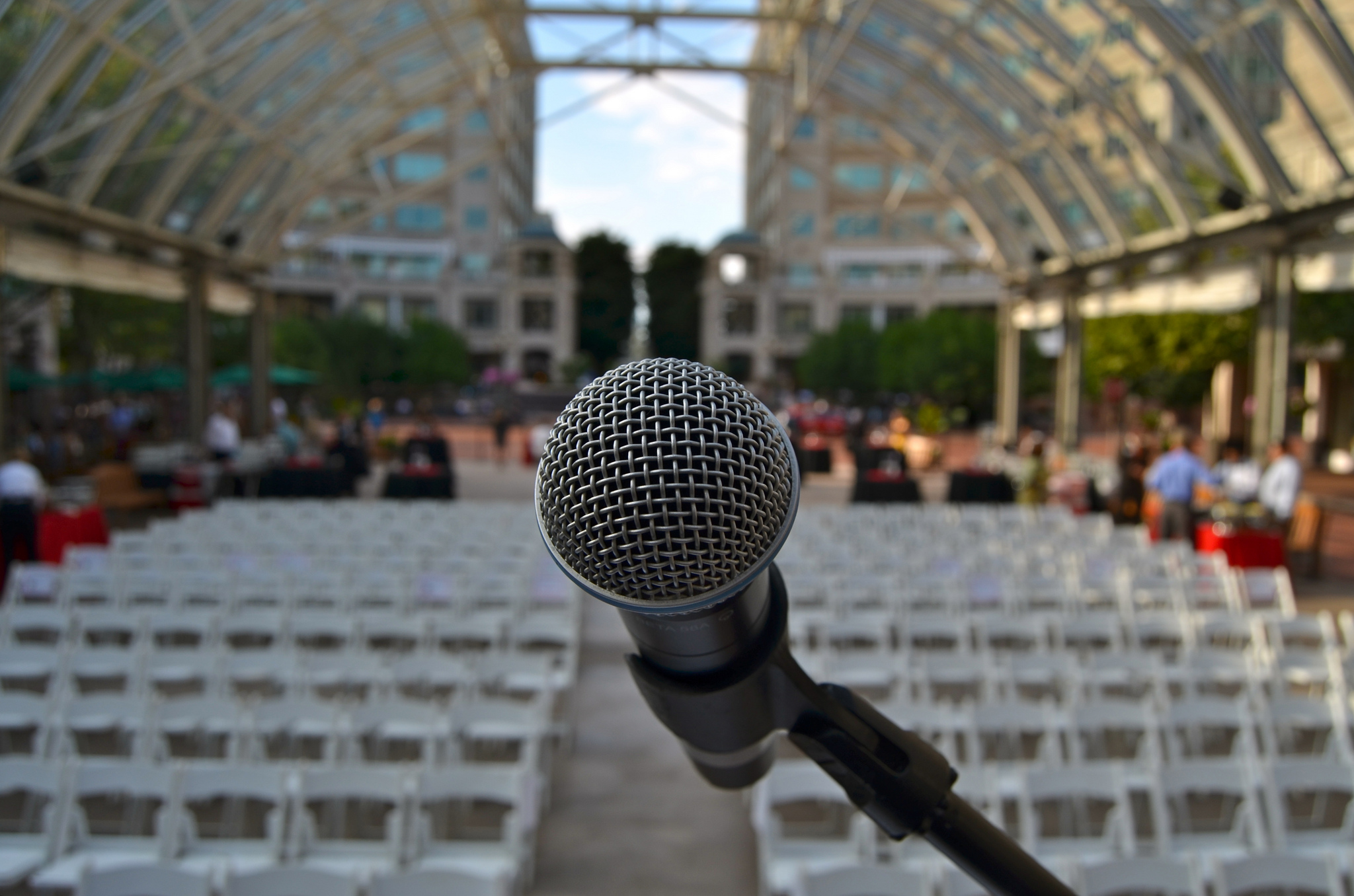A number of authors have written about performance anxiety, including myself. Ideas about coping with this mental demon have included concrete suggestions and exercises, using medications, engaging in various kinds of exercise, nutrition, counseling, meditation, yoga, and professional psychotherapy or psychoanalysis. I have even heard that eating bananas will decrease performance anxiety.
The list below suggests ways to increase performance anxiety. These suggestions are appropriate for anyone who experiences stage fright – public speakers, writers, academics, test-takers, athletes, actors, lawyers, physicians, musicians, and all others who are not in the public eye but may experience social anxiety.
•Become focused on becoming perfect at what you do in order to earn approval, good grades, promotions , and other rewards.
•Foster the attitude that self-worth is only related to what others think of you.
•Never seek professional help if in physical or psychological pain. Smart and talented people solve their own problems.
*Discourage yourself from thinking creatively outside the box.
*Never question established authorities in your field. Idealize them, instead.
*Discourage the exploration and tolerance of ambiguity.
•Convince yourself that a Doctoral degree will lead to satisfying work and a high-paying position.
•Emphasize that more hours spent working will pay off in better performance, professional opportunities, and higher earnings. One just has to become “good enough.”
•Avoid networking.
•Do not think of your anxiety in the context who you are as a whole person since it is only connected to a specific external situation or another person that makes you feel insecure.
*If all else fails, continue to do the same thing over and over.
Why am I writing about increasing performance anxiety? In 1996 a well-known psychoanalyst, Otto Kernberg, published an article in the International Journal of Psychoanalysis about teaching people who are studying to be psychoanalysts. It is titled “Thirty Methods to Destroy Creativity in Psychoanalytic Candidates”. I was just beginning my psychoanalytic training in 1996 and was very influenced by his ideas, where negative and even sarcastic suggestions put a positive spin on bringing alternative thinking into focus. Subsequently in 2009 I published an article “Destroying Creativity in Music Students” in the Journal Medical Problems of Performing Artists.
You can learn a great deal by questioning and evaluating what NOT to do. I hope whatever your profession or personal situation that you will recognize and challenge any destructive or long held unproductive beliefs and turn them upside down.
You might find that you feel less anxious in the process.
Please write and share what ideas you re-evaluate!
photo by WilliamMarlow

